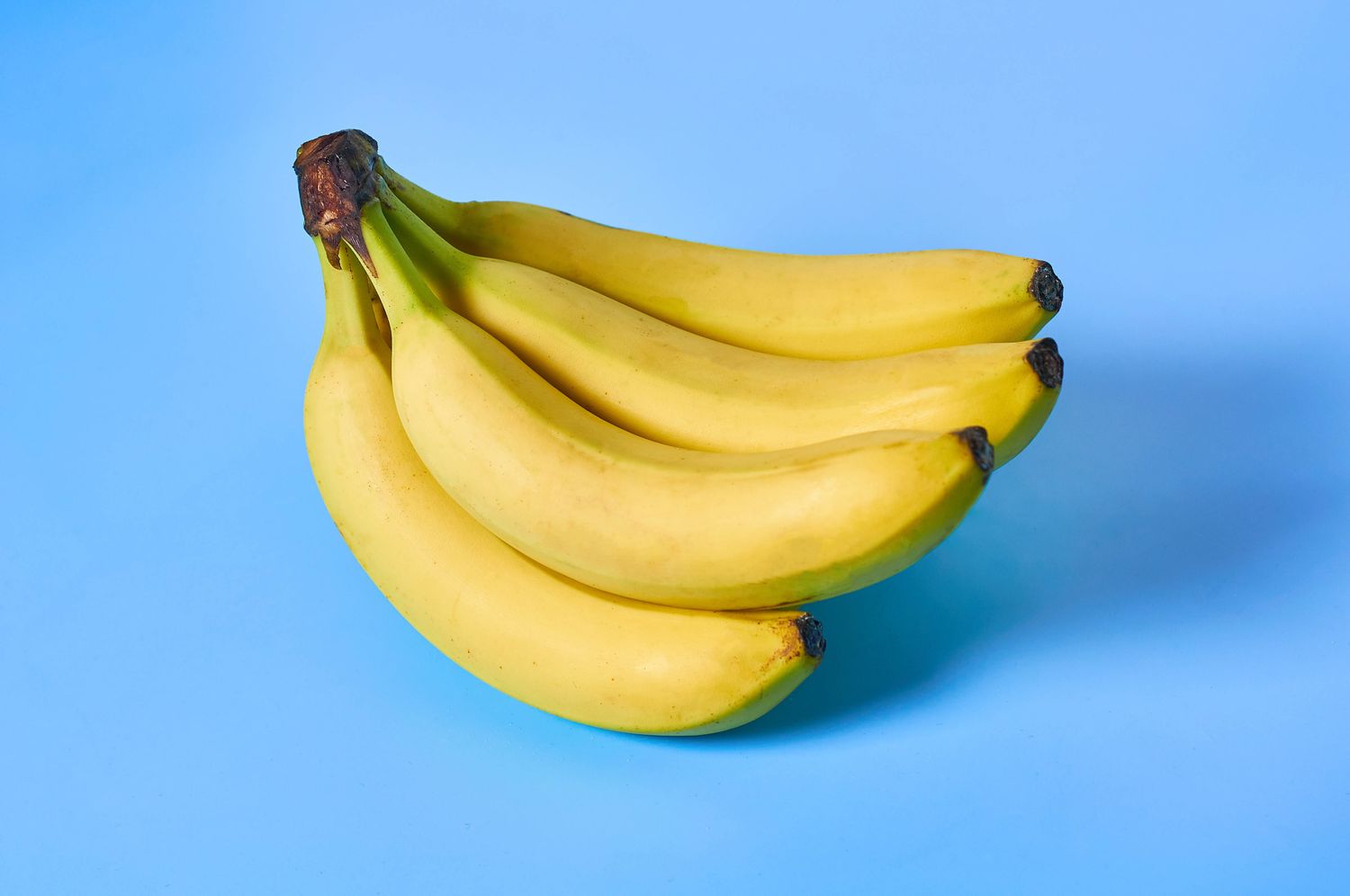Do you need to worry about lead in your favorite protein powder? Are raw oysters really safer in months with an “R”? These questions—and a few more about magnesium—topped this week’s trending health topics. Here’s a quick pulse check on what you might have missed.
1. Pair magnesium with potassium for better results 💞
Mixing supplements and medications can sometimes be risky, but some nutrients actually work better as a team. Magnesium and potassium are a perfect example.
Potassium helps your heart, brain, and nerves function properly. Magnesium, in turn, helps regulate how much potassium your cells hold onto. If you’re low in one, you may end up low in the other.
The best way to get both nutrients is through food—bananas for potassium, nuts and seeds for magnesium. But if you need supplements, taking them together may help you get the most benefit from each. Always check with your healthcare provider before starting supplements. People with certain heart, liver, or kidney conditions may need to avoid magnesium or potassium supplements altogether.
2. Skip magnesium supplements if your levels are normal 💊
Magnesium is having a moment, promoted by wellness influencers for everything from sleep to stress to digestion. But if your magnesium levels are normal, taking a supplement likely won’t help, and excessive intake can lead to health problems.
High doses of magnesium can cause diarrhea, and having too much magnesium can lead to serious complications affecting the brain and heart, and can even be life-threatening.
3. 100% orange juice might help lower blood pressure 🍊
If you like to start the day with a glass of 100% orange juice, some research suggests it could do more than just boost your immune system. Orange juice contains a bioflavonoid called hesperidin, a bioflavonoid linked to heart health factors like blood pressure and cholesterol.
However, not all studies show consistent results for blood pressure. The health impact of orange juice largely depends on the type and amount you drink. Choose 100% juice with no added sugar, and keep your daily serving to about 8 ounces.
4. Check your protein powder brands 💪
An investigation from Consumer Reports found that up to 70% of protein powders had levels of lead that would be worrisome. Some of the products they tested had over 1,000% of the “level of concern” for lead.
Plant-based protein powders tended to have higher lead levels than animal-based ones, likely because plant ingredients can absorb heavy metals from the soil where they’re grown.
5. Raw oysters are never safe, even in the winter 🦪
You’ve probably heard the old saying that it’s safer to eat raw oysters in months with an “R” in the name—since those tend to be colder months. But the truth is, oysters are never completely safe to eat raw, no matter how cold the water is.
Here’s why: oysters and other shellfish, like clams, are filter feeders. They pull in water and everything in it. That includes bacteria, viruses, and other germs that can make you sick. Cooking usually kills most of those pathogens because they can’t survive the heat.

Thanks for your feedback!
What is your feedback?
Helpful
Report an Error
Other

